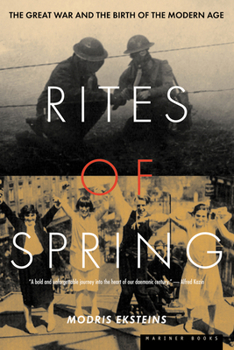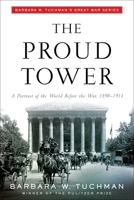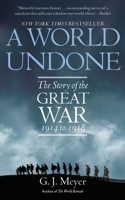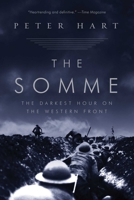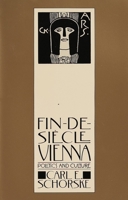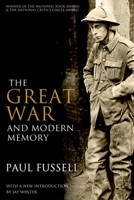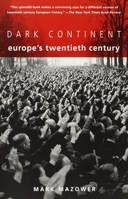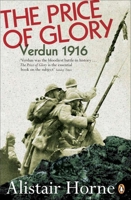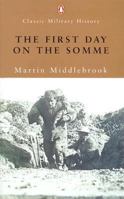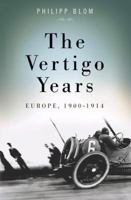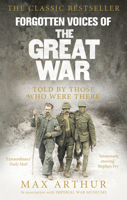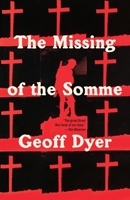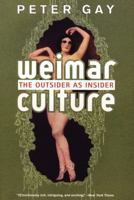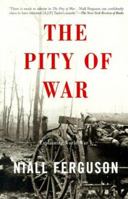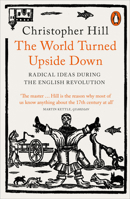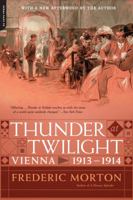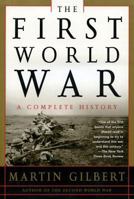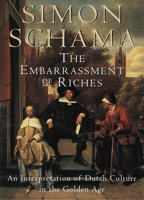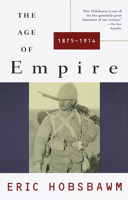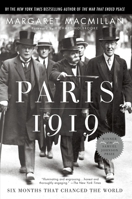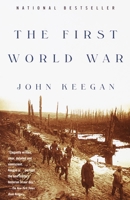Rites of Spring : The Great War and the Birth of the Modern Age
Select Format
Select Condition 
Book Overview
A rare and remarkable cultural history of World War I that unearths the roots of modernism.
Dazzling in its originality, Rites of Spring probes the origins, impact, and aftermath of World War I, from the premiere of Stravinsky's ballet The Rite of Spring in 1913 to the death of Hitler in 1945.
Recognizing that " t]he Great War was the psychological turning point . . . for modernism as a whole," author Modris Eksteins examines the lives of ordinary people, works of modern literature, and pivotal historical events to redefine the way we look at our past and toward our future.
You Might Also Enjoy
Customer Reviews
Rated 5 starsThe Best Book For Understanding WWI
A person can read a lot of books about the battles of WWI, and the military thinking behind those battles. If, however, you want to understand WWI and its causes and results no book is better than The Rites of Spring. In fact, if a person wants to read only one book on WWI, this is the book. Other books and authors tell you what happened on the surface, but really understanding takes the ability to look inside the mind and...
0Report
Rated 5 starsCubist Warfare
Professor Ecksteins' book is, on one level, a history that places the Great War in the context of the popular cultural zeitgeist that produced it. While other books have analyzed the outbreak of the war from the perspective of politicians and diplomats, Ecksteins portrays it as a popular cultural upheaval. In this way, this book distinguishes itself from other histories of the period. On a deeper level, however, the book...
1Report
Rated 5 starsA remarkable tour de force about The Great War
I have read several books dealing with the First World War before, but none except for Paul Fussell's THE GREAT WAR AND MODERN MEMORY can match this brilliant book for its scope and brilliance. Other books deal with the nuts and bolts of history, but Eksteins is concerned with zeitgeist, both that which animated the birth of war and the way it was altered by that war. More than anything, Eksteins is concerned with the metaphysics...
1Report
Rated 5 starsAn Anatomy of a Suicide
An Anatomy of the Great Suicide of the European Middle ClassesI found Professor Eksteins' book interesting in a number of ways. Unlike perhaps all other accounts of the start of the Great War, Eksteins' emphasises the actions of the crowds, "the fine days of that July and August encouraged Europeans to venture out of their homes and to display their emotions and prejudices in public, in the streets and squares of their cities...
0Report
Rated 5 starsAlready a Classic
Modris Eksteins "Rites of Spring" is already considered a classic by many after only slightly more than a decade in print. It's a daring *cultural* history of World War I; Eksteins' controversial thesis is that modernism caused the war. Usually the Great War is seen as the last gasp of old Europe and the sentimental Victorian age, and modernist angst was ushered in by the psychological impact of the bloodbath. Eksteins demonstrates...
0Report









